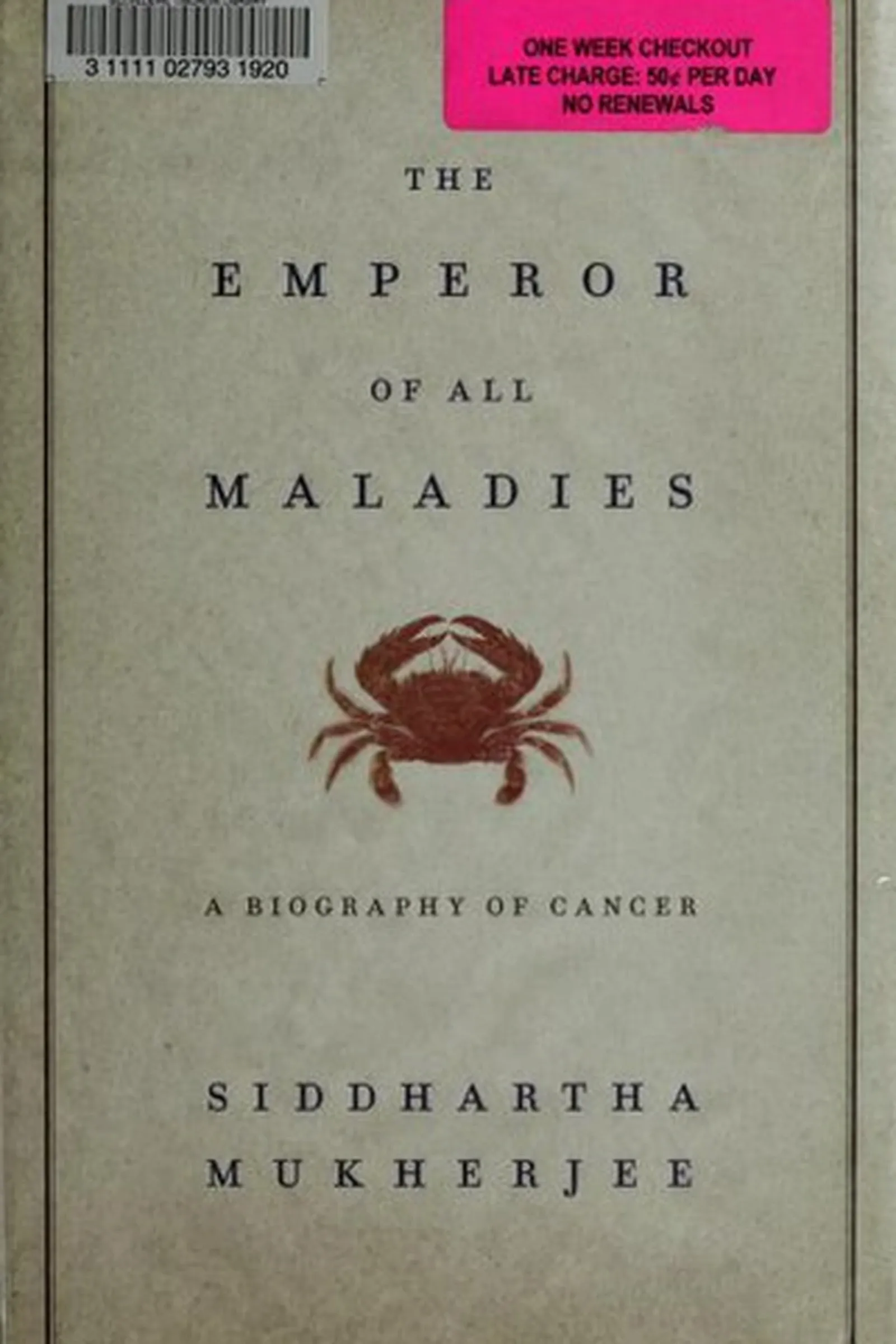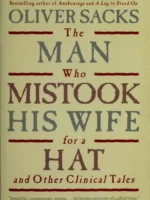The Emperor of All Maladies, Siddhartha Mukherjee, 2010
- Author: Siddhartha Mukherjee
- Genre: BioMedicine
- Publisher: Scribner
- Publication Year: 2010
- Pages: 592
- Format: Paperback
- Language: English
- ISBN: 978-1439170974
- Rating: 4,2 ★★★★☆
The Emperor of All Maladies Review
About
Published in 2010, Siddhartha Mukherjee’s The Emperor of All Maladies: A Biography of Cancer is a sweeping narrative that treats cancer not just as a disease but as a central character in human history. Blending science, biography, and storytelling, Mukherjee traces the evolution of our understanding of cancer—from ancient diagnoses to modern gene therapies. The book won the Pulitzer Prize for its ability to humanize both patients and scientists, revealing how the fight against cancer is as much moral as medical.
Overview
Mukherjee, an oncologist himself, structures the book like a biography—with cancer’s “childhood,” “adolescence,” and “maturity” mapped through scientific breakthroughs and personal stories. From early surgeries and the discovery of chemotherapy to the birth of modern oncology, each chapter explores both progress and hubris. The narrative moves fluidly between individual cases, historical milestones, and philosophical reflection, showing how medicine evolves not through miracles but persistence. The prose, elegant and precise, invites readers into the lab, the hospital room, and the mind of those who dare to challenge an ancient enemy.
Summary
(light spoilers) The story begins with a Persian queen’s physician attempting a primitive mastectomy—one of history’s first documented cancer treatments. From there, Mukherjee guides us through the centuries: the superstition of medieval medicine, the rise of scientific empiricism, the invention of chemotherapy, and the birth of targeted therapy. He profiles figures like Sidney Farber, who pioneered chemotherapy for children with leukemia, and Mary Lasker, whose advocacy transformed public health funding. The modern era of genetics reframes cancer not as an invader but as a corrupted version of ourselves—cells that refuse mortality. The closing chapters combine humility and hope, acknowledging that victory may never be absolute but progress is real, measured in lives extended and suffering reduced.
Key Themes / Main Ideas
• Cancer as evolution — life’s own machinery turned against itself.
• Science as storytelling — discovery built from failure and imagination.
• The human cost of progress — every treatment bought with risk and sacrifice.
• Time and patience — medicine as an act of endurance, not triumph.
• Empathy in science — remembering the person behind the pathology.
Strengths and Weaknesses
• Strengths — Clear, compassionate prose; rigorous history written with narrative grace.
• Strengths — Mukherjee’s dual role as doctor and storyteller gives the book rare authority and empathy.
• Weaknesses — Dense in medical detail; casual readers may find sections demanding.
• Weaknesses — The optimism near the end feels measured, but appropriately so—there are no easy heroes here.
Reviewed with focus on themes, audience, and takeaways — Siddhartha Mukherjee
| pa_author | Siddhartha Mukherjee |
|---|---|
| ISBN | 978-5-616-88039-1 |
| pa_year | 1975 |
| Pages | 464 |
| Language | English |







